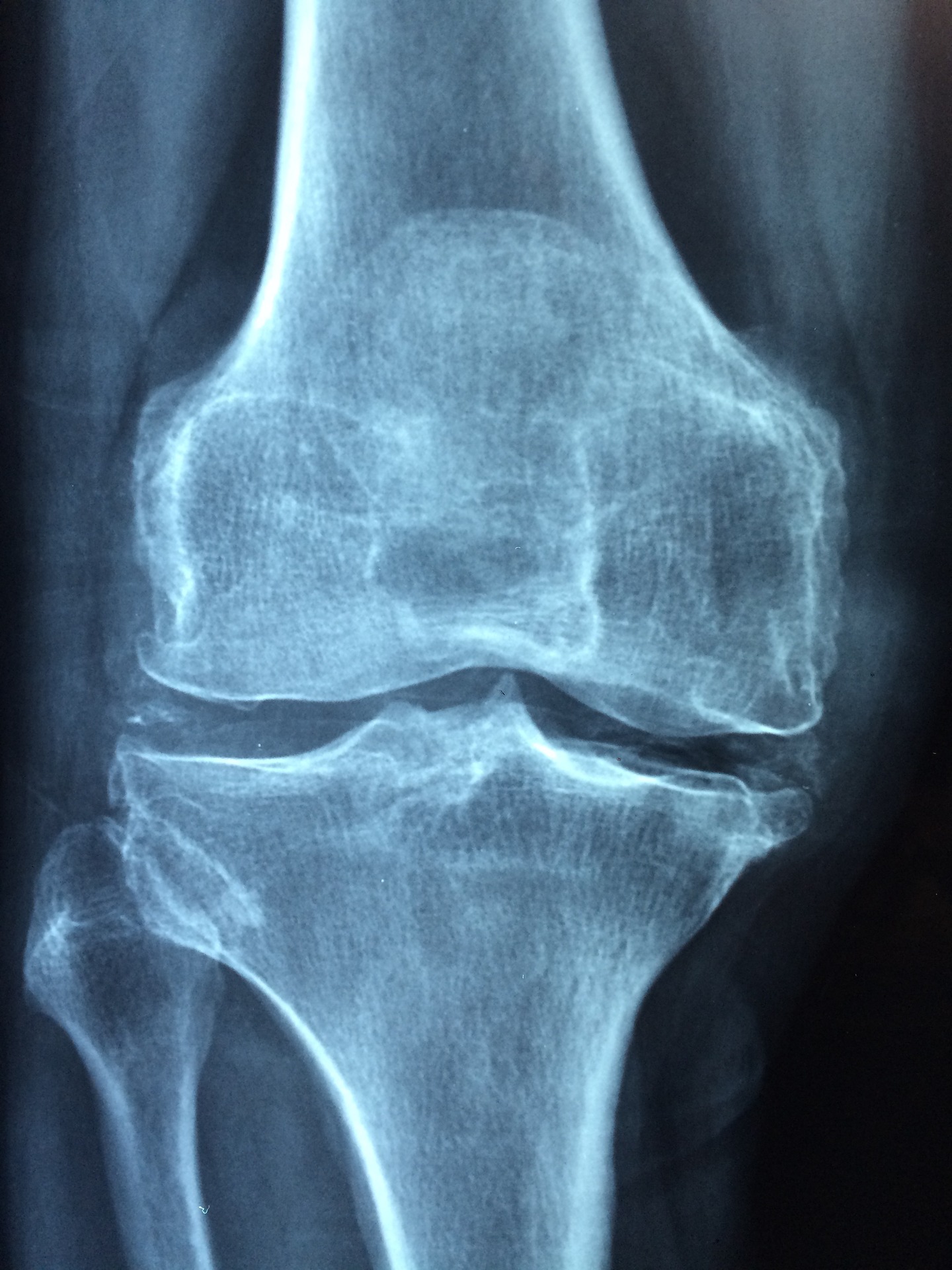Article by Philippa Watkins, National Assembly for Wales Research Service
Arthritis and musculoskeletal (MSK) conditions are the most frequently reported chronic condition across all age groups in Wales. They have a significant impact on individuals and their families, on health and social care services, and on the economy. They are one of the leading causes of disability, absence from work, and benefit claims due to ill health, and are amongst the most costly illnesses because of the long-term care and support they require. With an ageing population and rising levels of obesity and physical inactivity, prevalence is set to rise.
What are musculoskeletal conditions?
There are many different types of arthritis and chronic MSK conditions, including osteoarthritis, inflammatory arthritis, connective tissue diseases, back pain, bone disease (such as osteoporosis), soft tissue rheumatism, and chronic musculoskeletal pain. Osteoarthritis is the most common form of arthritis. Often thought of as ‘wear and tear’ of the joints, it affects people as they get older but is also common amongst people of working age. Treatment includes pain medication, lifestyle measures (e.g. weight management and exercise), and in severe cases joint replacement surgery. The Chartered Society of Physiotherapy reports that almost half a million people are living with osteoarthritis in Wales.
… of these over 60% have been forced to give up walking and 87% are concerned about maintaining independence in the future.
While less common, inflammatory arthritis includes some of the most severe and disabling MSK conditions. Rheumatoid arthritis is an autoimmune disease that causes inflammation in the joints. It can also affect other organs including the lungs, heart and eyes. It is most common between the ages of 30 and 50 years, and among women. Within 3 years of diagnosis, half of people with rheumatoid arthritis are registered as work disabled. Juvenile idiopathic arthritis affects around 12,000 children in the UK (1 in 1000), and is a leading cause of physical disability in young people. Inflammatory arthritis conditions usually require drug treatment under the care of a specialist (rheumatologist). If not diagnosed and treated early, irreversible damage can occur. According to a recent British Society for Rheumatology report, 28% of people in Wales with suspected inflammatory arthritis are seen in a rheumatology service within the NICE quality standard target of three weeks.
How should the issue be tackled?
Stakeholders want to see more timely access to the right treatments and services for people with arthritis and chronic MSK conditions, and urge a greater focus on prevention and early intervention. MSK conditions are one of the most common problems physiotherapists treat - the Chartered Society of Physiotherapy states that rapid access to musculoskeletal physiotherapists can reduce the amount of time people are absent from work and prevent a new acute issue becoming a chronic, long term problem. Arthritis Care Wales emphasises the need to promote public understanding of the link between lifestyle and musculoskeletal health, and for improved access to supported self-management:
Many people with arthritis are coping with the daily pain of arthritis with pain killers alone when so much more can be done to limit the impact of the condition. People with arthritis should be supported to be fully involved in their health care and should be offered a personalised care plan, yet too often people go without such plans.
A 2012 report by the Work Foundation highlights the significant impact MSK conditions have on an individual’s ability to work. This in turn has implications for health, social care, and welfare spending. Despite this, the report states, the burden of MSK conditions is poorly recognised, and the need to support people with these conditions in the workplace is rarely addressed. Unlike other major conditions, arthritis and chronic MSK conditions do not have an updated delivery plan. The existing Service development and commissioning directive for arthritis and chronic MSK conditions was published in 2007. This was recently reviewed; the previous Health Minister said in March 2016 that the majority of stakeholders agreed its content was still appropriate, and that work was underway to ensure the directive is aligned with the principles of prudent healthcare. The Minister highlighted some specific service improvements, such as the setting up of clinical musculoskeletal assessment and treatment services (CMATS) in some health board areas, and better access to physiotherapy, including advanced physiotherapy practitioners working in primary care. Nonetheless, the Chartered Society of Physiotherapy, Arthritis Care Wales and the National Rheumatoid Arthritis Society have been calling for an updated action plan, and for arthritis and MSK conditions to be recognised as a greater health priority in Wales.






